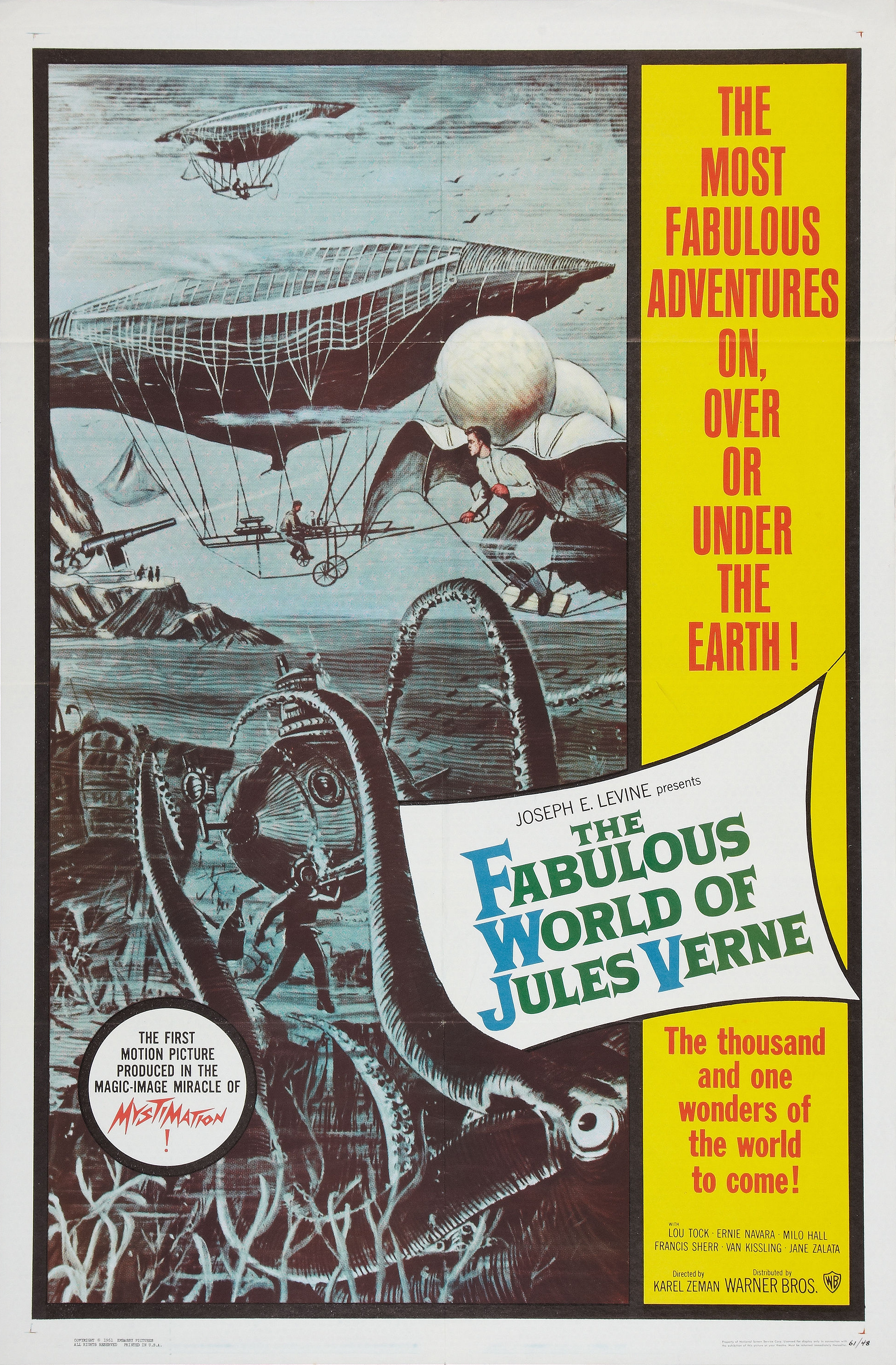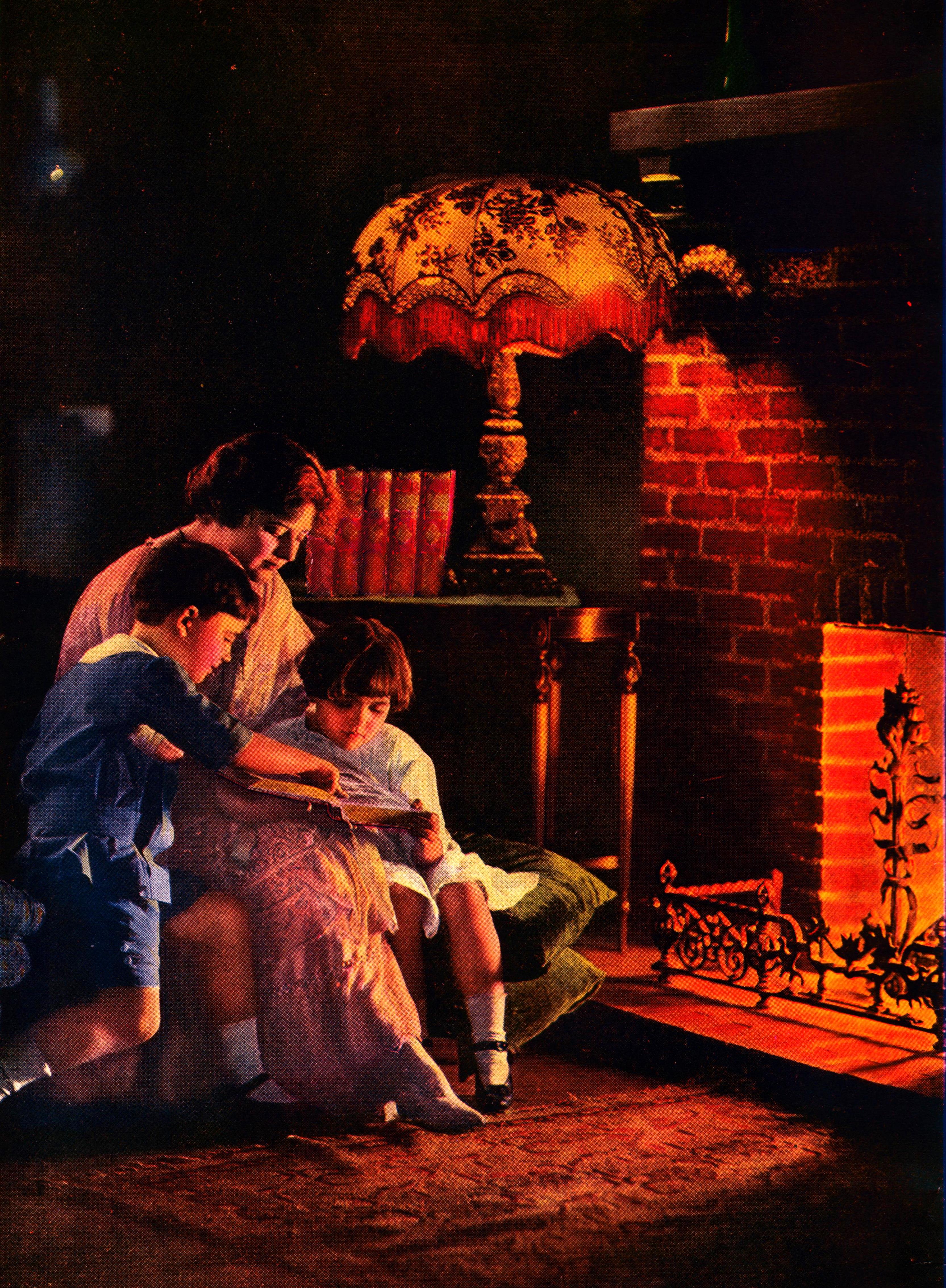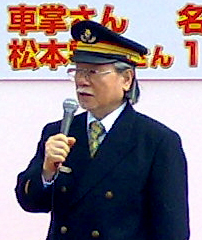|
1978 In Animation
Events in 1978 in animation. Events March * March 1: Karel Zeman's ''Krabat – The Sorcerer's Apprentice'' premieres. * March 11: Masami Hata's ''Chirin no Suzu'' ('' Ringing Bell'') premieres, the first animated feature produced by Sanrio to be aimed more at young adults, and featuring a remarkable tone shift in the second half of the film. * March 27: Jannik Hastrup's Danish animated feature '' The Thralls'' is first released in theaters. April * April 2: The first episode of ''Starzinger'' premieres. * April 3: 50th Academy Awards: '' The Sand Castle'' by Co Hoedeman wins the Academy Award for Best Animated Short. May * May 12: Hisayuki Toriumi's '' Science Ninja Team Gatchaman: The Movie'' premieres. * May 16–30: Jean-François Laguionie's '' Rowing Across the Atlantic'' premieres during the 1978 Cannes Film Festival. It will later win a Short Film Palme d'Or. June * June 3: The first episode of '' Haikara-San: Here Comes Miss Modern'' airs. * June 16: The f ... [...More Info...] [...Related Items...] OR: [Wikipedia] [Google] [Baidu] |
Karel Zeman
Karel Zeman (3 November 1910 – 5 April 1989) was a Czech film director, artist, production designer and animator, best known for directing fantasy films combining live-action footage with animation. Because of his creative use of special effects and animation in his films, he has often been called the "Czech Georges Méliès, Méliès". Life Zeman was born on 3 November 1910 in Ostroměř (near Nová Paka) in what was then Austria-Hungary. Published online: At his parents' insistence, he studied business education, business at high school in Kolín. In the 1920s, he studied at a French advertising school, and worked at an advertising studio in Marseilles until 1936. It was in France that he first worked with animation, filming an ad for soap. He then returned to his home country (by now the First Czechoslovak Republic, known as Czechoslovakia), after visiting Egypt, Yugoslavia, and Greece. Back in Czechoslovakia, Zeman advertised for Czech firms like Bata Shoes, Baťa and Tatr ... [...More Info...] [...Related Items...] OR: [Wikipedia] [Google] [Baidu] |
Here Comes Miss Modern
, also known as ''Smart-san'' or ''Mademoiselle Anne'', is a Japanese shōjo manga series by Waki Yamato. It was serialized by Kodansha in the magazine '' Shōjo Friend'' from 1975 to 1977. The title can be literally translated into English as ''Here Comes Miss Modern'', ''Here Comes Miss High-Collar'' ("haikara" being the Japanese version of "high collar"), or ''Fashionable Girl Passing By''. In 1977, it was awarded the 1st Kodansha Manga Award for shojo. The series was later adapted as a 42-episode anime television series produced by Nippon Animation, which aired in Japan on TV Asahi in Tokyo and other local stations across the country from June 3, 1978, to March 31, 1979. The anime was later rebroadcast across Japan on the anime satellite television network Animax and on NHK satellite channel BS2. The manga was also adapted into three television drama specials and theatrical film. Two new anime films have been released, with the first film on 2017, and the ... [...More Info...] [...Related Items...] OR: [Wikipedia] [Google] [Baidu] |
Martin Rosen (director)
Martin Gerald Rosen (born August 31, 1936) is an American filmmaker and theater producer. He directed the animated film adaptations of ''Watership Down'' (1978) and ''The Plague Dogs'' (1982), both from the Richard Adams novels. Career Rosen originally worked as a literary agent before he moved with his wife to the United Kingdom. He first produced the Canadian feature ''A Great Big Thing'' (1968) and later co-produced Ken Russell's film version of ''Women in Love'' (1969), which won Academy Awards for Glenda Jackson and Billy Williams (cinematographer) Rosen was originally the producer of ''Watership Down'' but took over as director after John Hubley, the original director, left after disagreements with Rosen. He also wrote the screenplay for it. This was the first of two novels by Richard Adams he adapted. In 1982 he also produced, directed and wrote the screenplay for another animated feature based on an Adams novel, ''The Plague Dogs'' (1982). Rosen produced ''Smooth Talk' ... [...More Info...] [...Related Items...] OR: [Wikipedia] [Google] [Baidu] |
Albert Barillé
Albert Barillé (14 February 1920 – 5 February 2009) was a French television producer, creator, screenwriter, cartoonist, and founder of Procidis. He is the creator of the puppet animated series ''Les Aventures de Colargol'', and the series '' Once Upon a Time...''. He was also an author of medical documentaries, theater pieces, and popularized philosophy. Filmography *''Les Aventures de Colargol'' (1970) *'' Once Upon a Time...'' *'' Once Upon a Time... Man'' (1978) *'' Once Upon a Time... Space'' (1982) *'' Once Upon a Time... Life'' (1987) *'' Once Upon a Time... The Americas'' (1992) *'' Once Upon a Time... The Discoverers'' (1994) *'' Once Upon a Time... The Explorers'' (1997) *'' Once Upon a Time... Planet Earth'' (2008) See also *''Wild Instinct ''Wild Instinct'' (''Les Zooriginaux'' in French) is a 2001 children's television series produced by Procidis about a group of animals living in a zoo. They lead a secret, civilized, sophisticated life when humans do not watc ... [...More Info...] [...Related Items...] OR: [Wikipedia] [Google] [Baidu] |
Once Upon A Time
"Once upon a time" is a stock phrase used to introduce a narrative of past events, typically in fairy tales and folk tales. It has been used in some form since at least 1380 (according to the ''Oxford English Dictionary'') in storytelling in the English language and has started many narratives since 1600. These stories sometimes end with "and they all lived happily ever after", or, originally, "happily until their deaths". The phrase is common in fairy tales for younger children. It was used in the original translations of the stories of Charles Perrault as a translation for the French "", of Hans Christian Andersen as a translation for the Danish "", (literally "there was once"), the Brothers Grimm as a translation for the German "" (literally "it was once") and Joseph Jacobs in English translations and fairy tales. The phrase is also used in retellings of myths, fables and folklore. Other languages The "story-starting phrase" is a common feature of many languages. , , 3 a ... [...More Info...] [...Related Items...] OR: [Wikipedia] [Google] [Baidu] |
Il était Une Fois
is the French language equivalent of the stock phrase " Once upon a time". Film and television * ''Once Upon a Time'' (1933 film), a French film * ''Il était une fois...'', a French educational animation franchise, created by Procidis. See '' Once Upon a Time...'' * '' Il était une fois la Mésopotamie'', a 1998 French documentary film by Jean-Claude Lubtchansky * '' Il était une fois l’indépendance, a 2009 Malian film * ''Il était une fois Sabrina et Manu'', a short film by Jean Pierre Lefebvre * ''Il était une fois dans l'oued'', a 2005 film by Amina Annabi Literature * One of three sections in Bernard Werber's book ''Le miroir de Cassandre'' * '' Il était une fois la Mésopotamie'', an illustrated book by Jean Bottéro and Marie-Joseph Stève * ''Il était une fois un enfant'', a novel by Michel Tabachnik Music * Il était une fois (band), a French band featuring the lead vocals of Joëlle Mogensen ** ''Il était une fois'', an album by band Il était une ... [...More Info...] [...Related Items...] OR: [Wikipedia] [Google] [Baidu] |
Quaq Quao
Quaq Quao is an Italian animated television series for children based on the adventures of a duck. The series consisted of 26 episodes of five to six minutes duration. It was filmed using stop-motion Stop motion is an animated filmmaking technique in which objects are physically manipulated in small increments between individually photographed frames so that they will appear to exhibit independent motion or change when the series of frames i ... with origami figures and was written and directed by Francesco Misseri with music by Piero Barbetti. It was first broadcast in Italy in 1980, but as early as 1976 in other countries. Plot Each episode is formulaic and has almost exactly the same plot. Quaq Quao is a white origami duck with a yellow beak. He is young, adventurous and a little bit cheeky. Quaq Quao has a brief interaction with his mother, a larger version of himself, which seems to be a lesson, as he repeats the actions and quacks of his mother. He bids her farewell a ... [...More Info...] [...Related Items...] OR: [Wikipedia] [Google] [Baidu] |
Farewell To Space Battleship Yamato
, also called ''Farewell to Space Battleship Yamato'' or ''Arrivederci Yamato'', is the second film based on the classic manga and anime series ''Space Battleship Yamato'' (known as ''Star Blazers'' in the United States) and the sequel to ''Space Battleship Yamato'' (1977). Set three years after the events of the first film, ''Yamato'' must protect Earth from another tyrannical alien race in the form of the White Comet Empire, who prove to be a much griever threat. This same storyline would be reused and expanded on later in the same year on TV in ''Space Battleship Yamato II'', albeit with a different ending. Plot Three years after their destructive war with Gamilas, humanity has largely recovered. Meanwhile in the distant reaches of space, the tyrannical White Comet Empire led by the Emperor Zordar sets its sights on Earth to conquer and enslave mankind. Dessler, leader of the Gamilas, is revived by them and pledges his loyalty. He vows revenge on the Yamato under the super ... [...More Info...] [...Related Items...] OR: [Wikipedia] [Google] [Baidu] |
Leiji Matsumoto
is a Japanese mangaka, creator of several anime and manga series. His wife Miyako Maki is also a manga artist. Early life Matsumoto was the middle child of a family of seven brothers, and, in his early childhood, Matsumoto was given a 35mm film projector by his father, and watched American cartoons during the Pacific War. During this time, he gained an interest in science fiction novels by authors Unno Juza and H. G. Wells. At 18, he moved to Tokyo, to become a ''mangaka''. Space opera Matsumoto is famous for his space operas such as ''Space Battleship Yamato'' and ''Galaxy Express 999''. His style is characterized by mythological and often tragic storylines with strong moral themes, noble heroes, feminine heroines, and a love of strange worlds and melancholy atmosphere. Career Matsumoto made his debut under his real name, Akira Matsumoto, in 1954 with ''Mitsubachi no bōken'' in the magazine ''Manga Shōnen''. Matsumoto had his big break with ''Otoko Oidon'', a series ... [...More Info...] [...Related Items...] OR: [Wikipedia] [Google] [Baidu] |
Wattoo Wattoo Super Bird
Wattoo Wattoo Super Bird is a French cartoon series created in 1978. Consisting of 60 five-minute episodes, the series was intended to teach morals to children. The eponymous Wattoo Wattoo is a black and white ovoid bird. He comes from a cube-shaped planet called Auguste. In the first episode he becomes aware of the very stupid and extremely wasteful race called Zwas. The Zwas are goose-like creatures (in French, "les Zwas" sounds like "les oies" = the geese) that live on the Earth in cities very much like our own. They have exaggerated human characteristics, they are irascible, badly behaved and generally thoughtless. However, the Zwas are not without kindness; many of them keep pets called Credo who are spheroid cats, dogs and other similar creatures. Often the actions of the Zwas puts the Credos in danger. Throughout the series Wattoo Wattoo helps the Zwas overcome their problems through the use of his seemingly magical powers. He can transform himself into any shape. ... [...More Info...] [...Related Items...] OR: [Wikipedia] [Google] [Baidu] |
The Water Babies (film)
''The Water Babies'' is a 1978 live action- animated family film directed by Lionel Jeffries and starring James Mason, Bernard Cribbins, Billie Whitelaw, Joan Greenwood, David Tomlinson, Tommy Pender, and Samantha Gates. It is very loosely based on the book ''The Water-Babies, A Fairy Tale for a Land Baby'' by Charles Kingsley. Plot Tom is a 12 year old orphan living in York in the mid-19th century. He is taken under the wing of Grimes, a roguish chimney sweep, as he is small enough to climb inside the chimneys. One day, they leave town and go to Harthover Hall, a huge country house set in vast grounds. Grimes rides a donkey - Tom and Grimes' assistant Masterman walk alongside. At the house, Tom gets lost in the maze of chimneys and appears in a young girl's bedroom (Elly). Meanwhile Grimes is passing silverware out of the windows to Masterman. When discovered by the housekeeper Grimes blames the crime on Tom who makes a run for it with his dog Toby. They are pursued across ... [...More Info...] [...Related Items...] OR: [Wikipedia] [Google] [Baidu] |
Lionel Jeffries
Lionel Charles Jeffries (10 June 1926 – 19 February 2010) was an English actor, director, and screenwriter. He appeared primarily in films and received a Golden Globe Award for Best Actor – Motion Picture Musical or Comedy, Golden Globe Award nomination during his acting career. Early life Jeffries was born in Forest Hill, London, Forest Hill, south London. Both his parents were social workers with the Salvation Army. As a boy, he attended the Queen Elizabeth's School, Wimborne Minster, Queen Elizabeth Grammar School in Wimborne Minster in Dorset. In 1945, he received a Queen's Commission, commission in the Oxford and Buckinghamshire Light Infantry and served in British Burma, Burma at the Rangoon radio station during the World War II, Second World War, being awarded the Burma Star. (He blamed the humidity there for his hair loss at the age of 19.) He also served as a captain in the Royal West African Frontier Force. Career He trained at the Royal Academy of Dramatic Art. ... [...More Info...] [...Related Items...] OR: [Wikipedia] [Google] [Baidu] |


